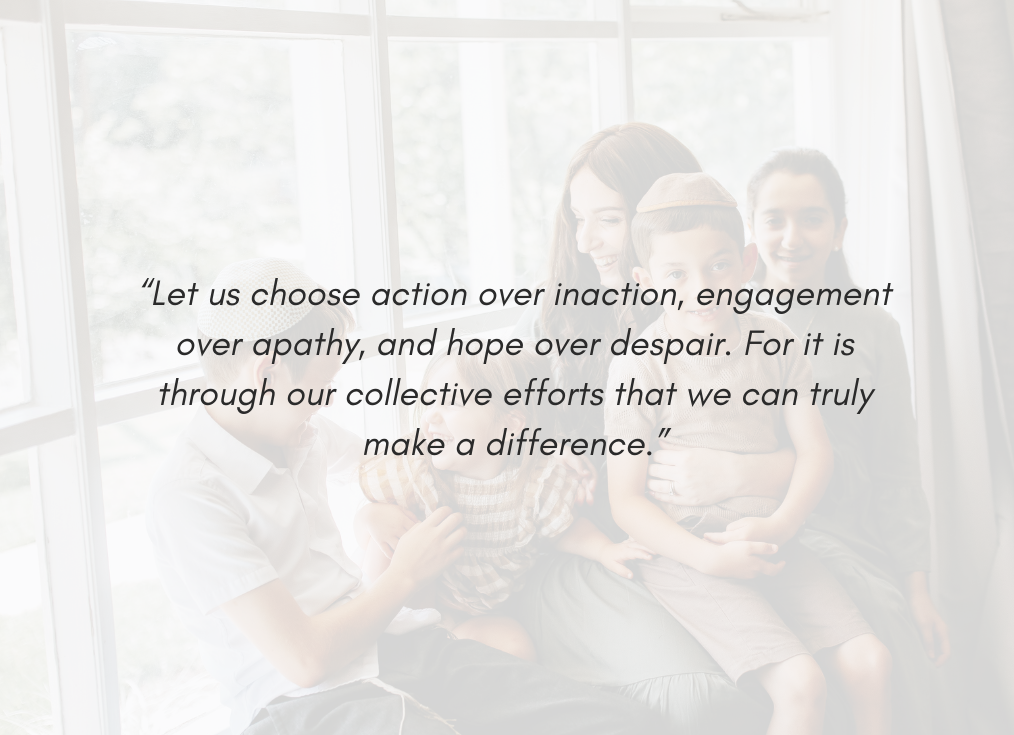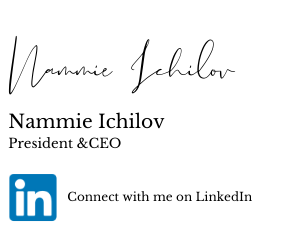Ruth’s Choice

July 19, 2024
Tammuz 13, 5784
In this week’s Torah portion, Balak, we encounter a narrative that resonates deeply with our modern world. The Moabite King Balak, fearful of the Israelites’ growing power, attempts to curse them through the prophet Balaam. In Numbers 22:6 Balak implores Balaam, saying, “Come now, curse this people for me, since they are too mighty for me.” This act of attempted spiritual warfare reminds us of the destructive power of fear and prejudice.
Yet, from this tale of attempted condemnation emerges a profound lesson about the transformative power of individual choice and action. The Talmud in Sotah 47a teaches us that Ruth, the Moabite woman who would become the great-grandmother of King David, was a descendant of this very same evil Balak. Despite her lineage, Ruth chose a path radically different from her ancestor’s.
Ruth’s decision to embrace the Jewish people and their values is encapsulated in her famous declaration to her mother-in-law, Naomi: “Your people shall be my people, and your Gd my Gd” (Ruth 1:16). This statement represents not just a change of faith, but a fundamental shift in worldview – from one of fear and isolation to one of community and shared purpose.
…
The contradiction between Balak’s actions and Ruth’s choices highlights a timeless truth: we are not bound by the decisions or circumstances of those who came before us. We have the power to chart our own course, to choose action over inaction, and to work towards bettering our world.
This idea is beautifully illustrated in the parable of the king and his two sons. To the first son, the king gave an unkept plot of land filled with weeds and natural debris. To the second son, the king gave a beautifully maintained garden. After a year, the king returned to see what his sons had done. The first son had cleared the land and planted a bountiful garden, while the second had allowed his garden to become overgrown with weeds and unwanted plants.
Like the first child in this parable, we have the choice to face the challenges in our world head-on. Pirkei Avot 2:16 highlights Rabbi Tarfon’s teaching that, “It is not [our] responsibility to finish the work of perfecting the world, but [we] are not free to desist from it either.” This sage advice reminds us that while we may not be able to solve all the world’s problems, we are bound to take action and do our part.
We are all familiar with the impossible “Sophie’s Choice” (may we be blessed to never be in such a horrific situation). But what about “Ruth’s Choice” in which we all too frequently find ourselves? We can choose to be bystanders, accepting the world as it is, or we can choose to be active participants in its improvement. We can look at the challenges around us – be they social, environmental, or personal – and decide to take meaningful action.
As we reflect on Parashat Balak, let us remember that our actions have the power to shape not only our own lives but the lives of generations to come. Just as Ruth’s choice led to a legacy that included King David and King Solomon, our choices today can lead to a better tomorrow for our children and grandchildren.
Let us not be daunted by the magnitude of the task before us. Instead, let us draw inspiration from Ruth’s courage and commitment. Let each of us resolve to take one concrete action this week to improve our community, our environment, or our relationships. Whether it’s volunteering, advocating for positive change, or simply reaching out to someone in need, every action, no matter how small, contributes to Tikkun Olam, the betterment of our world.
Parashat Balak teaches us that we have the power to transcend our circumstances and create positive change. We are not victims of history, but authors of our future. Let us choose action over inaction, engagement over apathy, and hope over despair. For it is through our collective efforts that we can truly make a difference. Because we are…
Shabbat Shalom.

